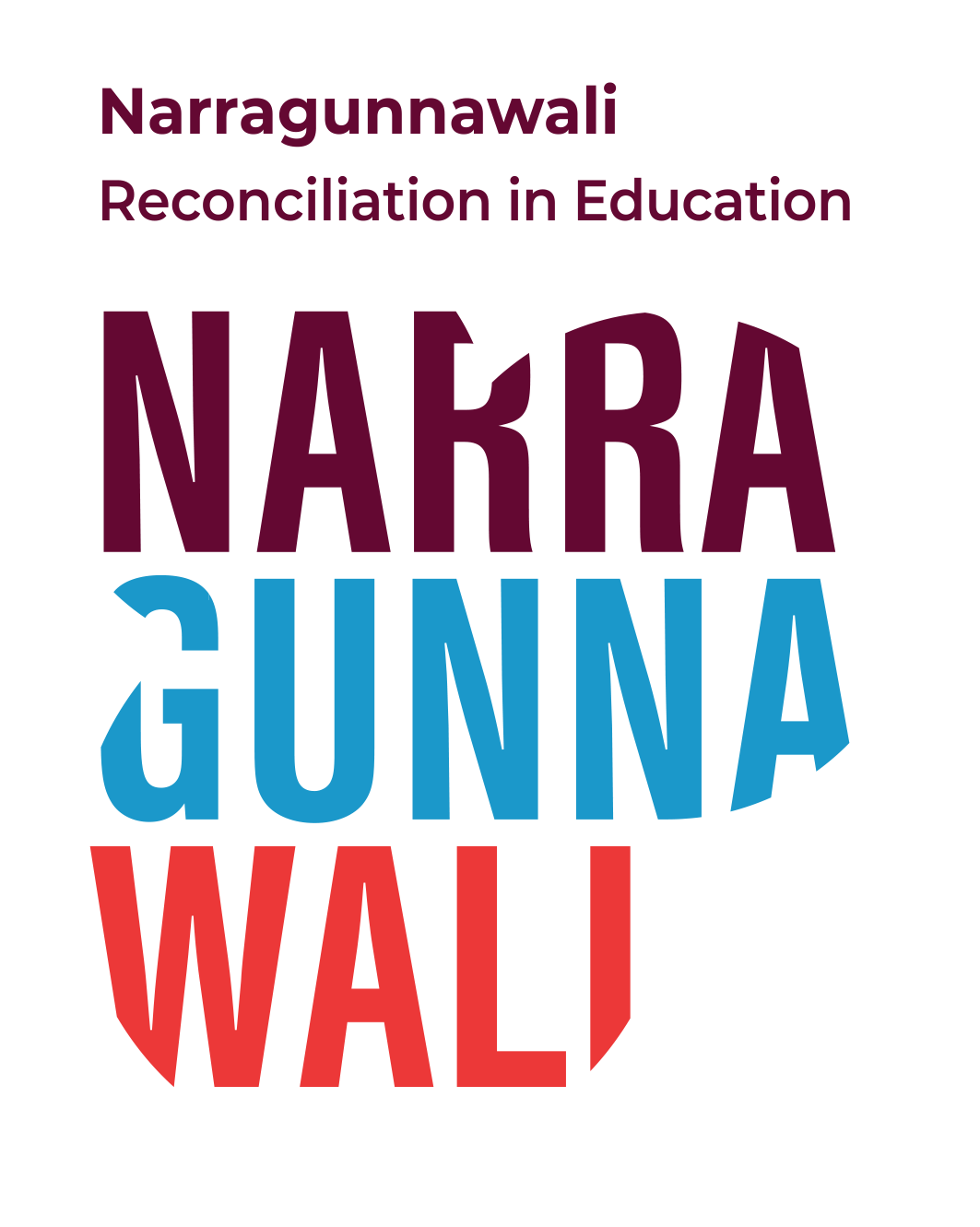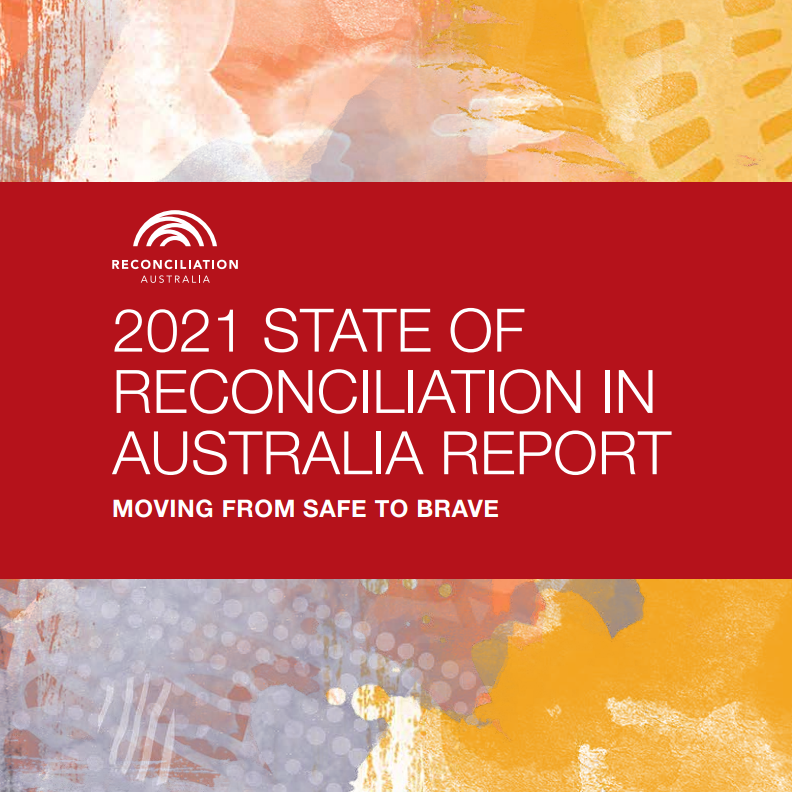2021 State of Reconciliation in Australia report: Driving reconciliation through education
The 2021 State of Reconciliation in Australia report is a snapshot of where Australia is on its reconciliation journey, where we need to go, and how we are going to get there.
Drawing on data from the 2020 Australian Reconciliation Barometer (ARB), the views key of First Nations leaders, and practical examples of reconciliation in action, the 2021 State of Reconciliation in Australia report builds on the inaugural (2016) report and has far-reaching and important significance for driving reconciliation through education into the future.
Where we are today
The 2021 report finds that the reconciliation movement is at a tipping point and that we as a nation need to move from safe to brave on issues affecting Aboriginal and Torres Strait Islander peoples.
It shows there is far greater awareness of First Nations cultures and knowledges today than ever before; and that many more Australians now understand the brutal impact of colonialism and the modern Australian state on First Nations families and communities.
In education, this is apparent in the findings of the 2020 ARB, which shows 80% of Australians believe it is important for Aboriginal and Torres Strait Islander histories and cultures to be taught in schools and an increase in respondents who strongly agreed that the education sector should do something to help improve reconciliation.
However, there are distinct areas in which we are still lagging behind: Aboriginal and Torres Strait Islander respondents were almost twice as likely to report low trust with school staff, compared with the general community; and more than half of Aboriginal and Torres Strait Islander respondents had experienced at least one form of racial prejudice in the last 6 months.
Key actions in education
The 2021 State of Reconciliation in Australia report consistently asserts the role of education as a driving force in the reconciliation movement. It speaks directly to what educators and educational institutions can be doing to move from safe to brave, including:
- Support public education on racism and unconscious bias
- Integrate First Nations cultures and perspectives in curricula
- Support initiatives that educate on Aboriginal and Torres Strait Islander histories, cultures, and achievements
- Help embed First Nations histories and cultures into our national story
- Work with First Nations peoples to improve the teaching of their histories and cultures
- Support truth-telling in local communities
- Increase scholarship and research into Australia’s frontier wars and massacres
More broadly, the report encourages institutions to work in genuine partnership with Aboriginal and Torres Strait Islander peoples and bodies; support the Uluru Statement from the Heart; and speak up on issues affecting Aboriginal and Torres Strait Islander peoples.
It emphasises that reconciliation is more than raising awareness and knowledge. While learning and teaching about reconciliation remains important, the skills and knowledge gained so far should motivate us to ‘braver’ action, especially in areas in which we are lagging.
The report says that for reconciliation to be effective, in education or otherwise, it must involve truth-telling, and actively address issues of inequality, systemic racism and instances where the rights of Aboriginal and Torres Strait Islander peoples are ignored, denied or reduced.
-
18 Apr 2024Narragunnawali News and Updates
-
18 Apr 2024Teacher Feature – Sherri Bryers, Tasmania
-
18 Apr 2024Civil Discourse: Post-Referendum for schools


